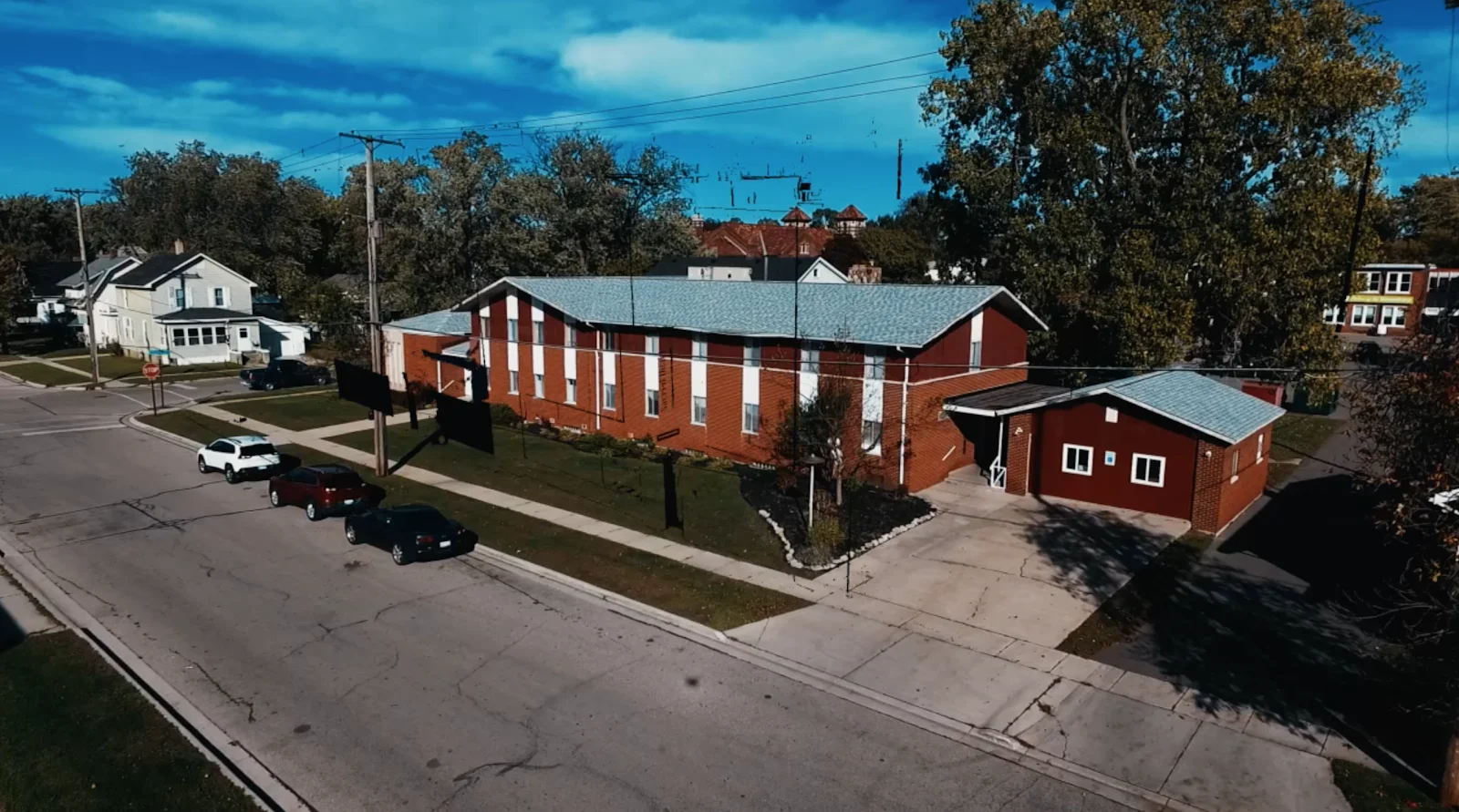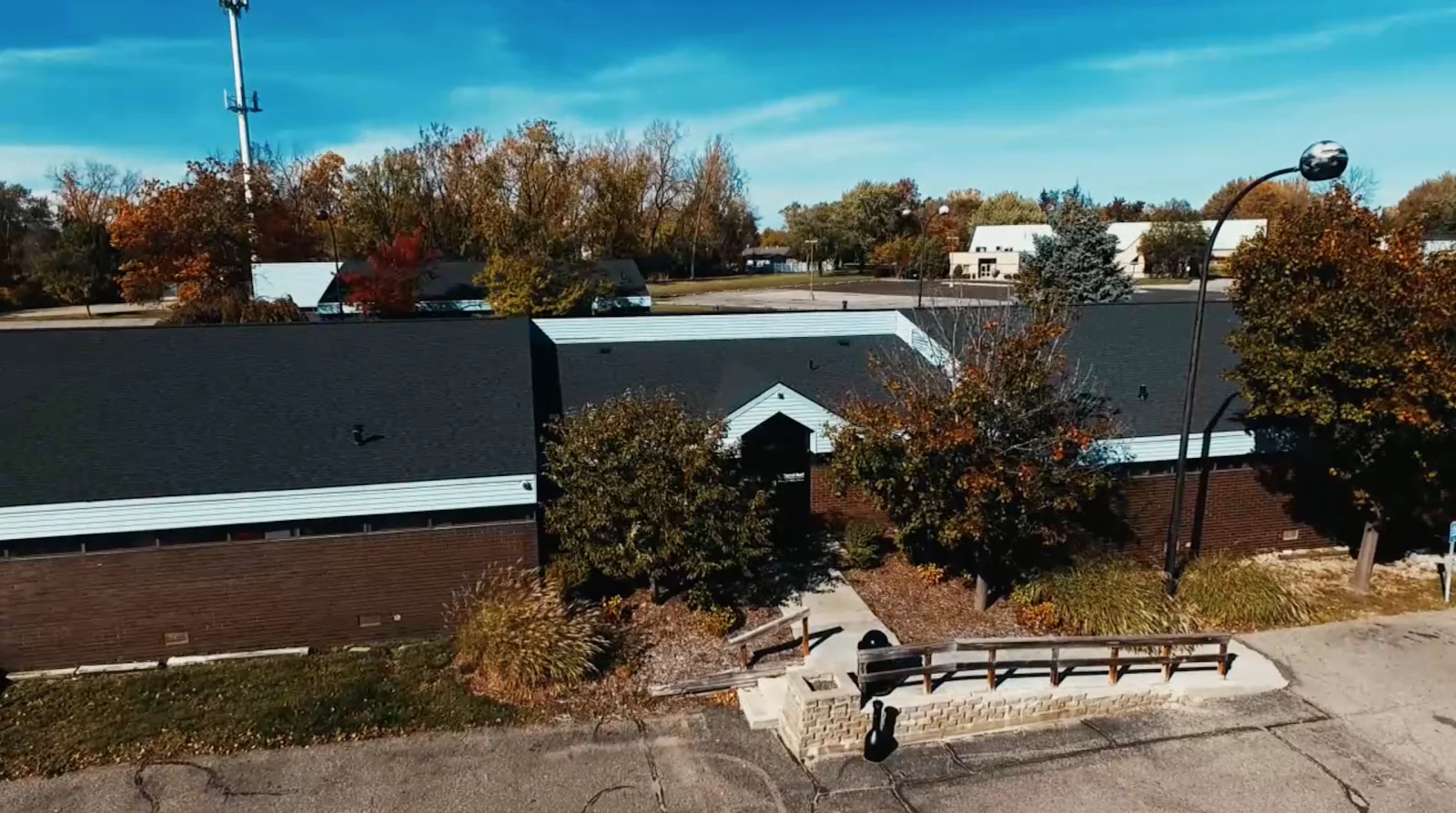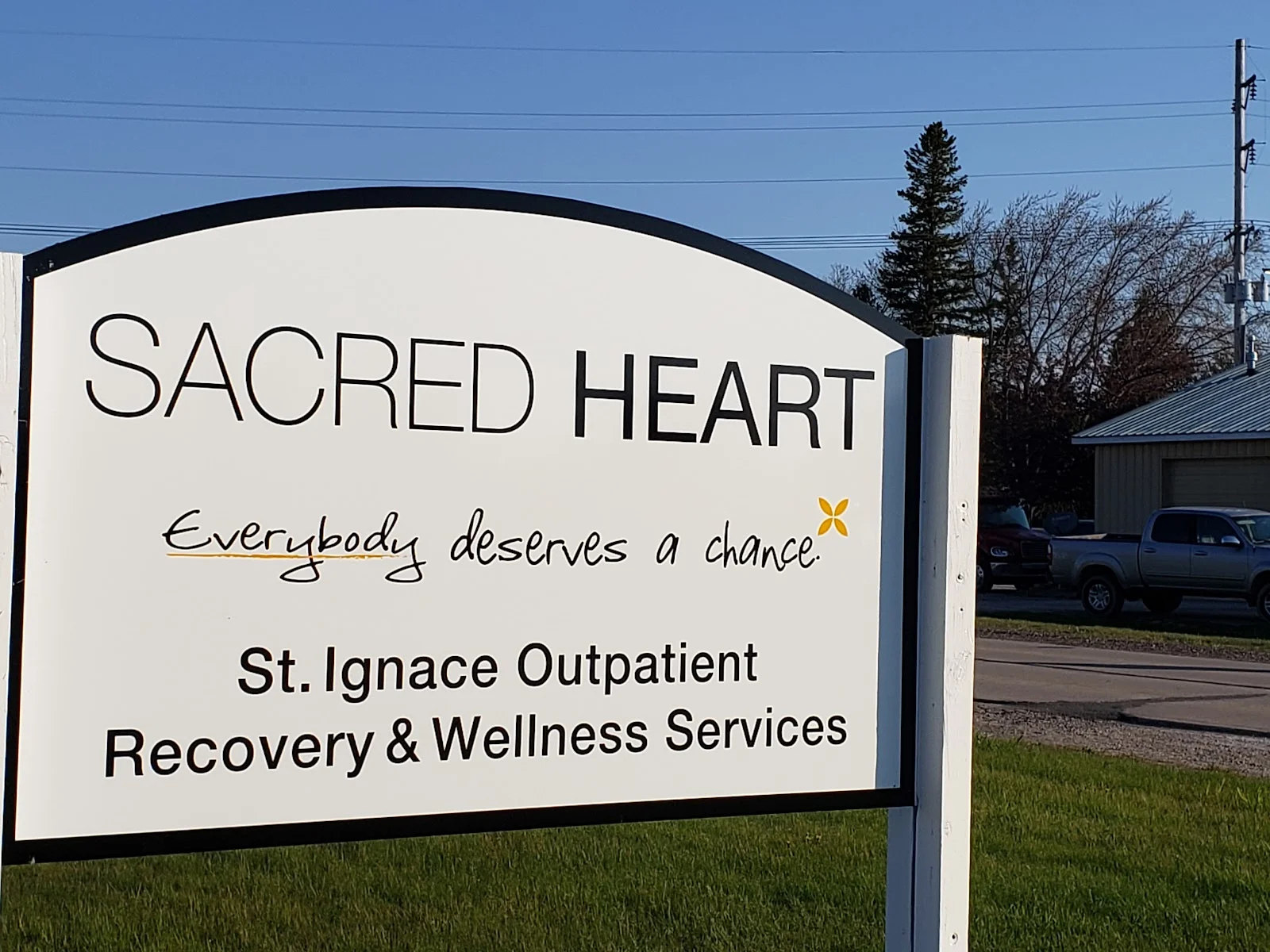Sacred Heart Rehabilitation Center, located in Bay City, Michigan, is a private facility specializing in the treatment of mental health and substance abuse. This center is dedicated to providing individualized outpatient treatment plans that encompass a variety of therapeutic approaches. Each client receives a tailored combination of group, individual, and family therapy, along with education on the impacts of addiction, specialty groups, life-skills training, and relapse prevention strategies.
The center offers specialized care for individuals living with HIV/AIDS, including early intervention, housing services, comprehensive case management, assistance with navigating care, and tobacco cessation programs.
Sacred Heart Rehabilitation Center extends support beyond therapy, helping clients access essential services such as financial assistance, medical care, educational support, and basic needs like food and transportation. This holistic approach ensures that clients receive comprehensive care that addresses all aspects of their well-being.
The center is CARF-certified, which signifies its commitment to maintaining high standards of care and service delivery. Sacred Heart accepts payments from major insurance providers, including Kaiser Permanente, Bright Health, Wellmark, HCSC, TRICARE, and others. Clients are encouraged to contact their insurance providers to verify coverage, as out-of-network benefits can vary.
Through its extensive range of services and a strong commitment to personalised care, Sacred Heart Rehabilitation Center strives to support clients in achieving lasting recovery and improved quality of life.










